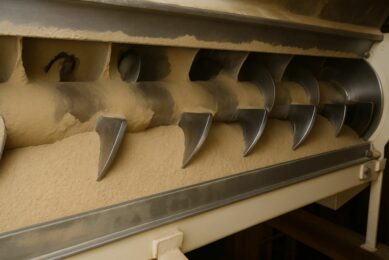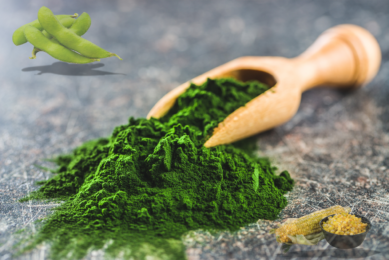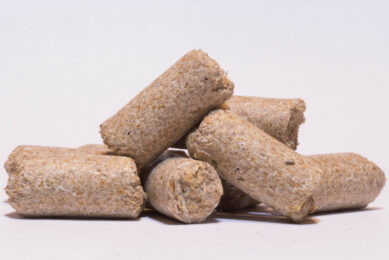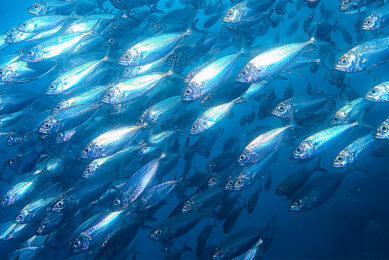New edition of All About Feed magazine available online
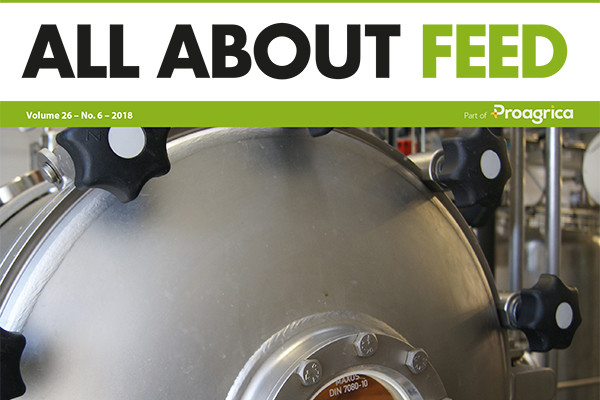
The latest edition (issue 6) of All About Feed magazine is now available to read online. In this issue we take a look at microbial protein, the behaviour of starch during pelleting and we talked to Knut Nesse from Nutreco.
More food is needed to feed the growing human population, and the pressure on using conventional feed ingredients such as soy or fish meal is growing. This is why an increased number of feed companies or start-up firms are looking for other, more sustainable, ways to produce proteins that can serve as animal feed ingredients.
Novel way of protein production
A good example of this is the production of microbial protein. We met up with Ina Karlshøj Julegaard, animal nutritionist and Michael Jensen, Chief Commercial Officer from this company in their office, located at the campus of the Technical University of Denmark in Lyngby, to explain what their technology and vision on animal feed entails. Read the article on page 18 of this issue.
Starch in the pelleting process
Starch has an effect on pelleting. When starch enters the conditioner, water penetrates the starch granule from the outside inward until the granule is fully hydrated. Once hydrated, the hydrogen bonding between the amylose and the amylopectin maintains the integrity of the granule and it begins to swell from the centre. Once gelatinised, the swollen granules may increase the viscosity of the dispersion creating in most cases a good pellet, or when gelatinisation is not under control, blocking the dye. Starch gelatinisation is probably one of the 3 most important and effective drivers for improved pelleting (together with steam management, compression ratio and friction). This is why information on starch (type of raw material, date of harvest, how it was stored and/or processed) should be communicated on a very frequent basis within a feed plant, i.e. sharing of information between formulators, production managers and operators. This in order to adjust process parameters in parallel to the reformulation of raw materials. Read more about this on page 29 of this issue.

Restarting the blue revolution
For this issue we had the pleasure to talk to Knut Nesse, CEO of Nutreco. He spoke to All About Feed about the need to restart the blue revolution. He explained that since the late 90s, aquaculture has seen tremendous growth figures of 6-7% year-on-year around the world, spurred by the high demand for more animal protein. However, he addressed, aquaculture seems to have come to a standstill now, reflected in only a 1.4% growth over the last 5 years. “The year-on-year growth in shrimp is only 1%. In salmon farming we only see moderate growth figures in the past few years. It seems that something is not working like it should. One important factor is that we lack in the ability to manage diseases properly. This is why we have to invest more in research and development in looking at new production systems, such as contained solutions. This will enable us to better control the animals and the environment”. Read the full interview on page 6 of this issue.
Also in this issue:
- Make bacteria prone to antibiotics again
- Reducing Clostridia prevalence
- Adapted copper inclusion rates in the EU
- The feed processors approach to Salmonella
- Selenium yeast for bulls
- Interview with Koos Kooy from De Heus South Africa
To read all the articles in this issue, go to the magazine overview page and sign up with your current website login.




